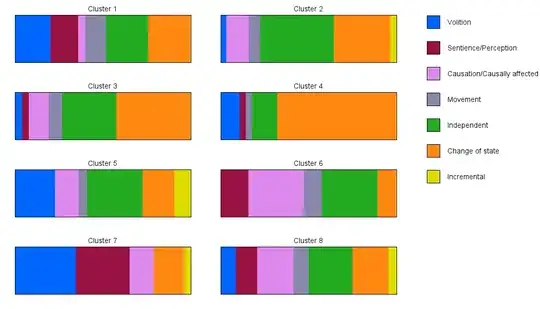I have data from a random sample of hotel bookings. I want to study the cause and effect relationship between number of days in advance that the hotel was booked (or book lag, also called nday_booking_early) and the price paid per night for the booking.
Book lag and price vary when the booking is made on the weekend versus a weekday.
How should I study this relationship? Do I need to run multiple regression only, or experimental design as well?
